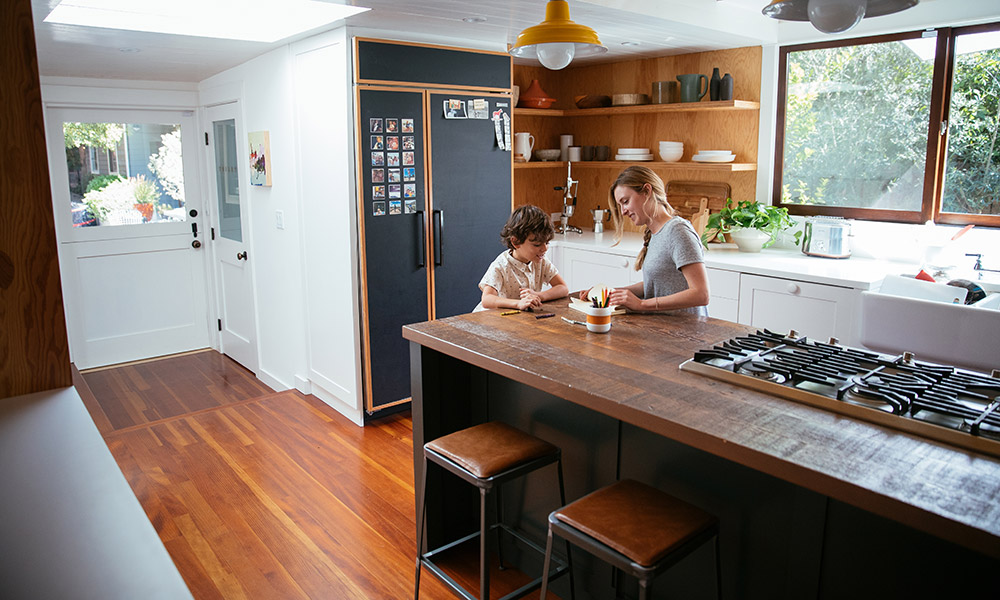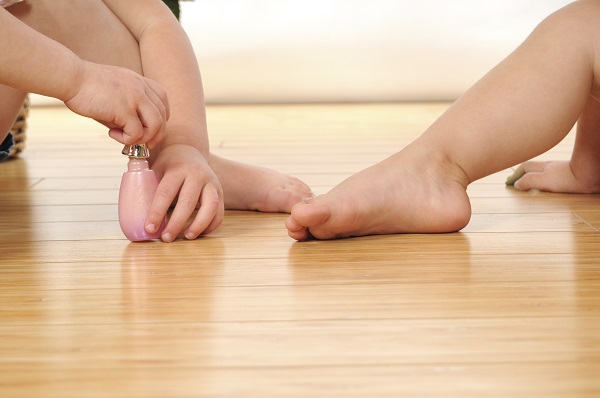Best Flooring For No Temperature Control In Warm Climate

Rubber is most likely used in a cold garage as a barrier against the concrete slab but can also provide the same benefits in a basement.
Best flooring for no temperature control in warm climate. If you want the best results you should stick with a tough rugged material. Winter will require heating at least 17 celsius and summer will require cooling less than 24 c. Though brands vary in general it s durable easy to maintain simple to install and won t be affected by frosty temperatures in the same way as for example vinyl or linoleum which may crack when cold especially if the floor is not allowed to warm up before being subjected to heavy foot traffic. Cork is an increasingly popular flooring material that offers a number of advantages.
Direct sunlight will have to be prevented curtains drawn at all times during the sunniest time of the day. Best flooring for extreme temperature changes. Getting the best flooring for extreme temperature changes can be tougher than you might imagine. This is because it mimics old fashioned hardwood at its best and the cost and maintenance is less when compared to hardwood.
Timber tends to shrink and expand in extremes of temperature and humidity making it best avoided in climates that vary from very dry to very moist. Laminate flooring comes in many varieties. Cork floors will be harmed however by excessive moisture. We would like to install some type of hardwood or engineered hardwood on the floors but we re concerned about having no heat in the cabin through the winter months and what that might do to the flooring.
We are now finishing an 18x18 foot addition that has a crawl space underneath. Vinyl flooring has a shelf life of 10 to 20 years longer even if you opt for a high quality commercial grade product. Our three season cabin is on the north shore of lake michigan in the upper peninsula of michigan. Vinyl flooring adore floors.
Solid timber flooring doesn t store heat but it doesn t become as cold as other denser materials. Some of the best options include rubber slate granite carpet and even vinyl planking. A floating floor plank probably won t handle long stretches without temperature humidity control. It is a type of flooring that keeps your floors warm in colder climates and will not expand or contract from high moisture levels dry air or high temperature hence a great option for cold climates.
Rubber doesn t grow or shrink noticeably with the temperature changes and for the most part is weather proof. We love vinyl because its design options are limitless yet it s still incredibly durable. It is hypoallergenic antimicrobial and temperature stable making it pleasantly warm in winter and cool in summer.


















